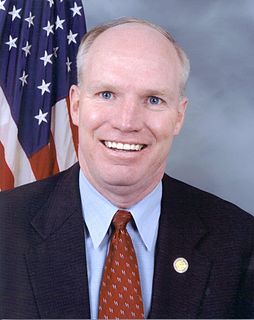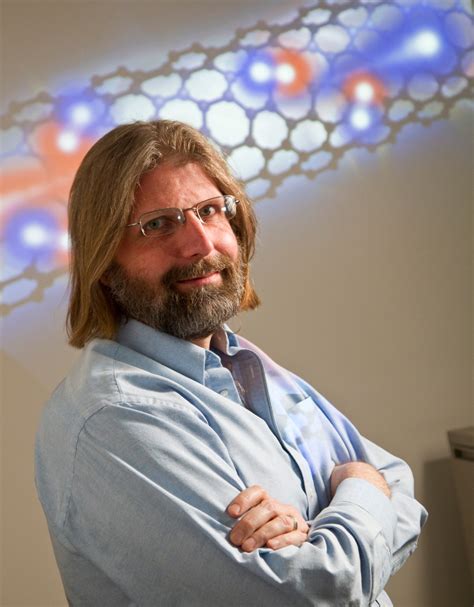A Quote by Michael Specter
With a hundred and seventy-eight machines to sequence the precise order of the billions of chemicals within a molecule of DNA, B.G.I. produces at least a quarter of the world's genomic data - more than Harvard University, the National Institutes of Health, or any other scientific institution.
Related Quotes
That said, there are a few clear factors that determine the potential of a university to reach the highest levels of excellence. In the case of Harvard University, it was true that by the time of its tercentenary (300th anniversary of its founding) in 1936, Harvard had already achieved a reputation as a world-class institution. Harvard did not have the stature that it does today.
I had a certificate that said, 'Doctor of Mixology, Harvard University,' that I actually got from Harvard University. A friend of mine was a research assistant over there and it was one of those student or university perks and she brought me in on that. So I am a doctorate from Harvard and it only took me one afternoon.
Random search for data on ... off-chance is hardly scientific. A questionnaire on 'Intellectual Immoralities' was circulated by a well-known institution. 'Intellectual Immorality No. 4' read: 'Generalizing beyond one's data'. [Wilder Dwight] Bancroft asked whether it would not be more correct to word question no. 4 'Not generalizing beyond one's data.
The United Nations, he told an audience at Harvard University, 'has not been able-nor can it be able-to shape a new world order which events so compellingly demand.' ... The new world order that will answer economic, military, and political problems, he said, 'urgently requires, I believe, that the United States take the leadership among all free peoples to make the underlying concepts and aspirations of national sovereignty truly meaningful through the federal approach.'
Laugh often. Starting your day with a good laugh, or at least a big smile, is as beneficial to your health as it is to your mood. Scientific studies at Northwestern University and Fordham University concluded that laughter benefits the heart, lungs, stomach and other organs. It relaxes tensions, changes attitude, and increases the body's natural painkillers. And it has no harmful side effects.
We get more data about people than any other data company gets about people, about anything - and it's not even close. We're looking at what you know, what you don't know, how you learn best. The big difference between us and other big data companies is that we're not ever marketing your data to a third party for any reason.
O truly enjoy... [a university], the individual-student or faculty-must harbor a well-calibrated sense of annoyance at the institution, entering into a muted adversarial relationship...both in order to move the institution just that little bit away from what is was to what it could become, and also to assure at least the sense if not the reality of independence.

































